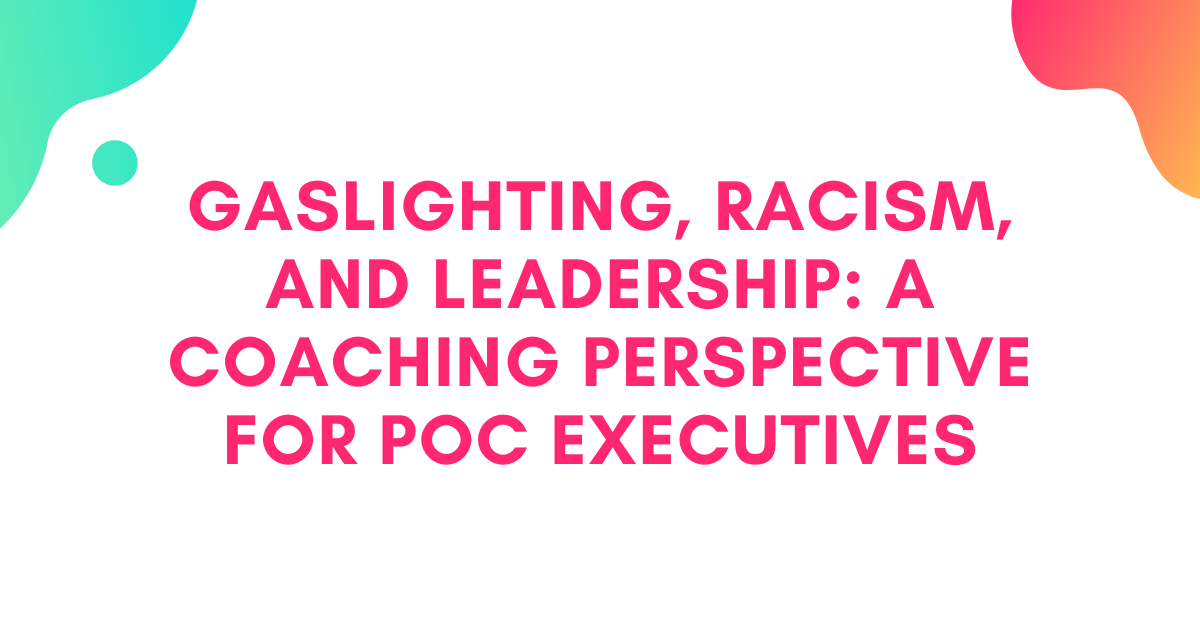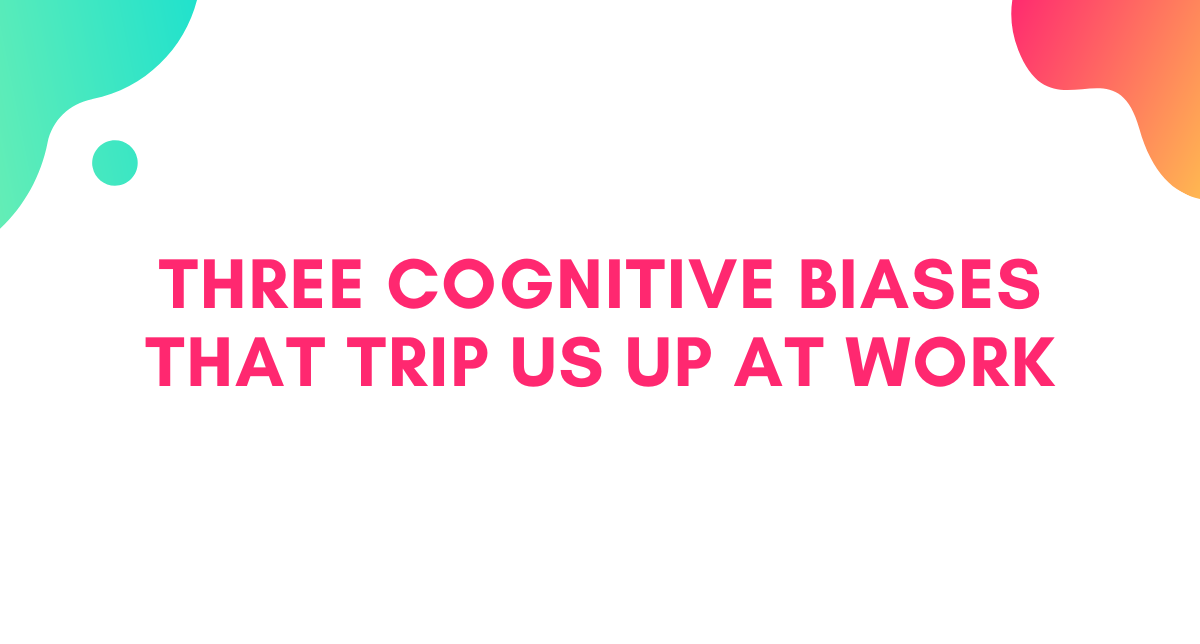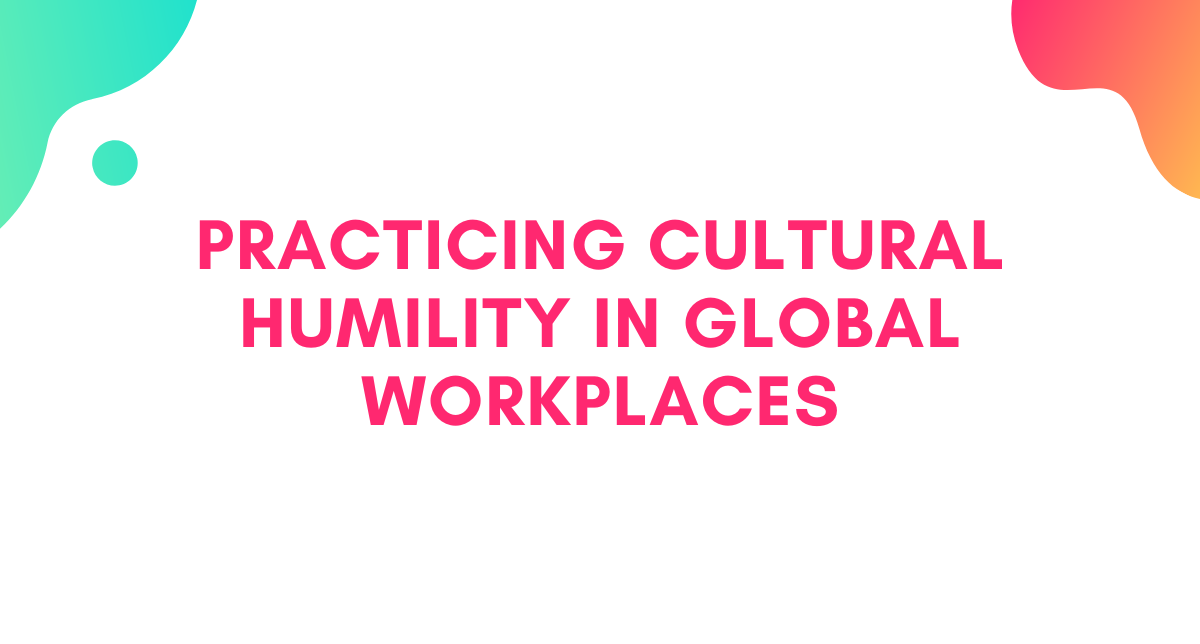The Sweet and Bitter Gifts of Seeing Potential in others
This post was inspired by a coaching session with a client who told me she’s an ENFP (side note: my favorite go-to-expert on all things MBTI is Penelope Trunk. Here’s her take on ENFPs.)
I’m an INFP myself, and we laughed about how NFPs like us love people almost to a fault. We can’t help but notice their potential, root for them, and feel lit up when they grow. Why Seeing Potential Feels Like a Superpower
One of the greatest joys in life is seeing the potential in others. For some of us, it feels like a gift. We meet someone and almost instantly imagine who they could become, what they could create, how brightly they could shine.
And when they do flourish—when they rise up and exceed even their own expectations—it lights us up.
The Paradox: Sweetness That Turns Bitter
But here’s the paradox: what is sweet can also turn bitter. When people don’t live up to the picture we’ve painted in our minds—and let’s be real, more than half the time they don’t—we feel disappointed, frustrated, even disillusioned. The very gift that fuels us can also trap us.
Everyday Examples of the Shadow Side of Empathy
Maybe it looks like this: you’ve got a colleague who nails every presentation, effortlessly winning over clients. You imagine her rising quickly into senior leadership.
Then you watch her obsess over minor details, staying late night after night, convinced she’s falling short. Suddenly, your enthusiasm curdles into impatience. Why can’t she see what I see?
Or take another scene: you see a manager pull off a flawless product launch. The press coverage is glowing, the stakeholders are thrilled.
And yet she beats herself up for not generating more leads—as if success only “counts” when it matches some invisible, impossible bar.
This is the shadow side of seeing potential. Our gift tempts us into judgment when reality doesn’t align with the image in our minds.
The Role of Systems and Structures in Shaping Expectations
Here’s the kicker: often, it’s not about them at all. It’s about the gap between our vision of their potential and the messy, complicated reality of being human.
That reality includes not just personal quirks or choices, but also systemic and structural forces—the cultural scripts and biases that condition women and marginalized people, in particular, to hold impossibly high standards for themselves.
When we forget this bigger context, it’s easy to slip into contempt: “If only she trusted herself more. If only she’d just stop overthinking.”
But contempt isn’t leadership, nor is it feminism.
What Compassionate Feminism Teaches Us
Real feminism, at its most compassionate, asks us to see the humanity underneath—the resilience it takes for women to thrive in systems that condition them to doubt and diminish themselves—and to hold space without blame.
This is a shift away from judgment and toward understanding.
It’s not about excusing inequities, but about remembering that much of what we see in others has roots far beyond personal choice.
How to Hold Potential Lightly and Lead With Compassion
The lesson here is to hold our vision of others’ potential lightly.
To remember that the colleague who misses a deadline might also be the one holding her family together.
That the manager who doubts herself might still be leading in ways that change the whole team. That everyone has an unseen context shaping their choices.
The sweet gift of seeing potential becomes even sweeter when we release the bitterness of unmet expectations.
That’s when our encouragement, our energy, and our faith in others become less about us—and truly about them.
Reflection Questions
When was the last time you caught yourself judging a woman for being “too much” or “not enough”? How might compassionate feminism invite you to see her humanity instead?
Alternatively, think about a colleague or team member you’ve been silently frustrated with. What systemic or invisible factors might be shaping their choices that you can’t see?





